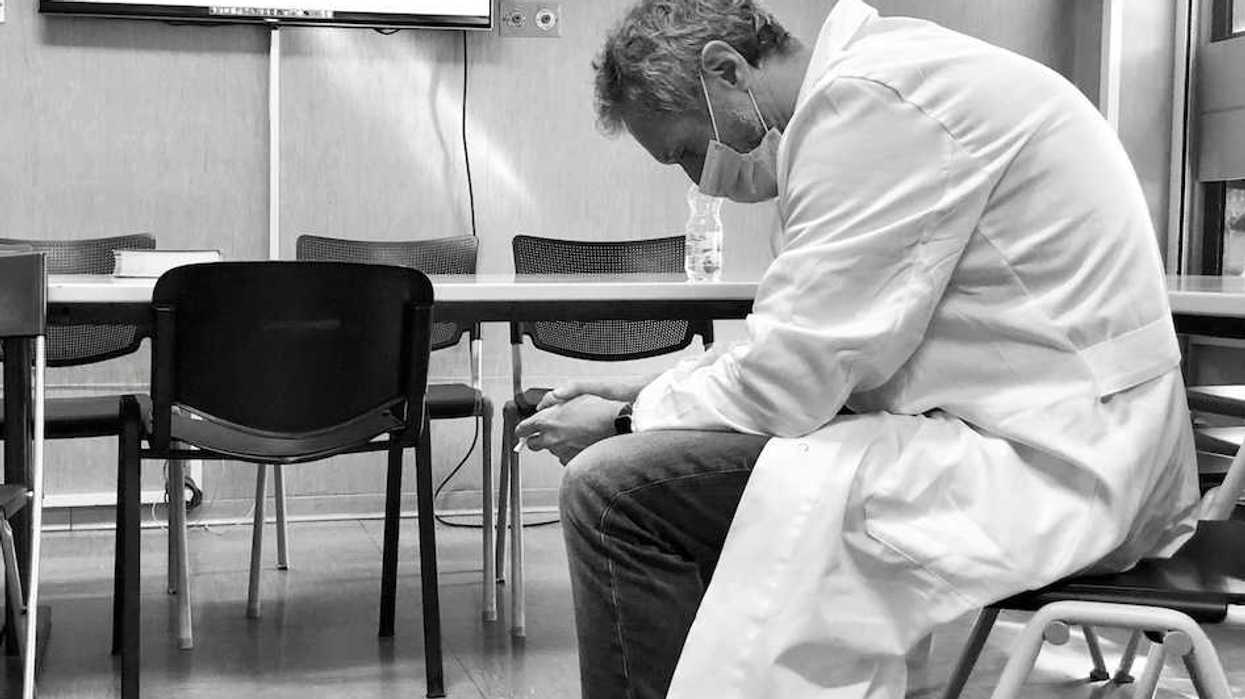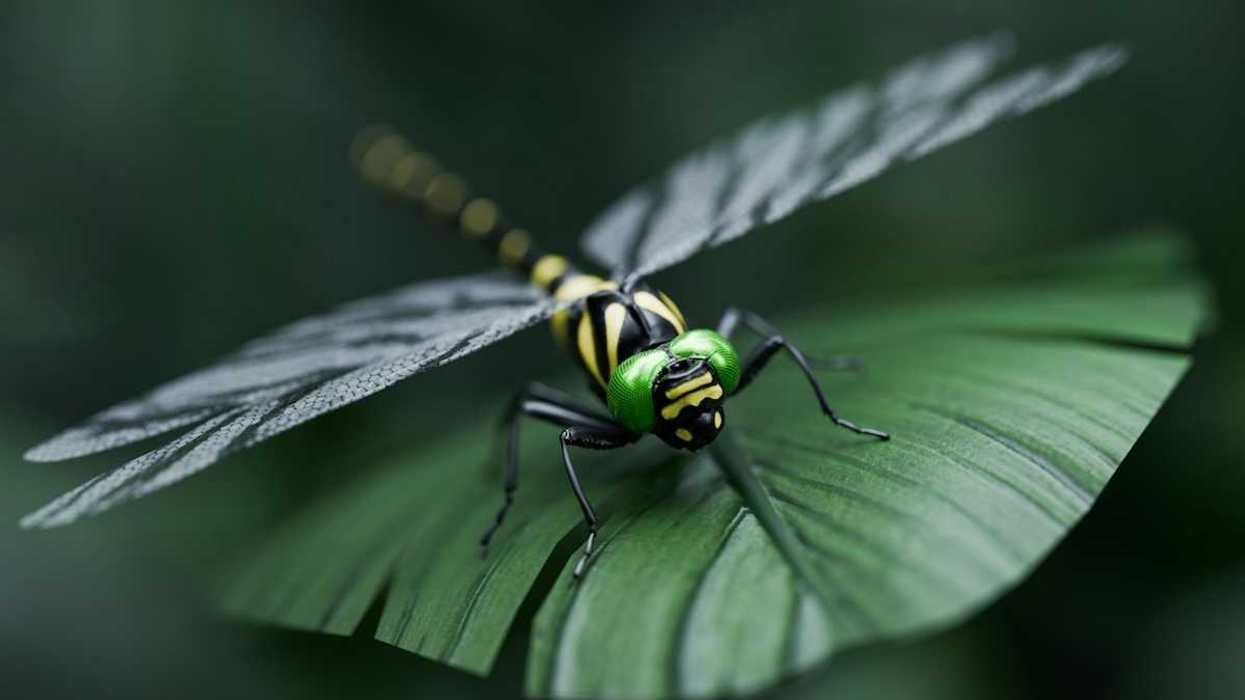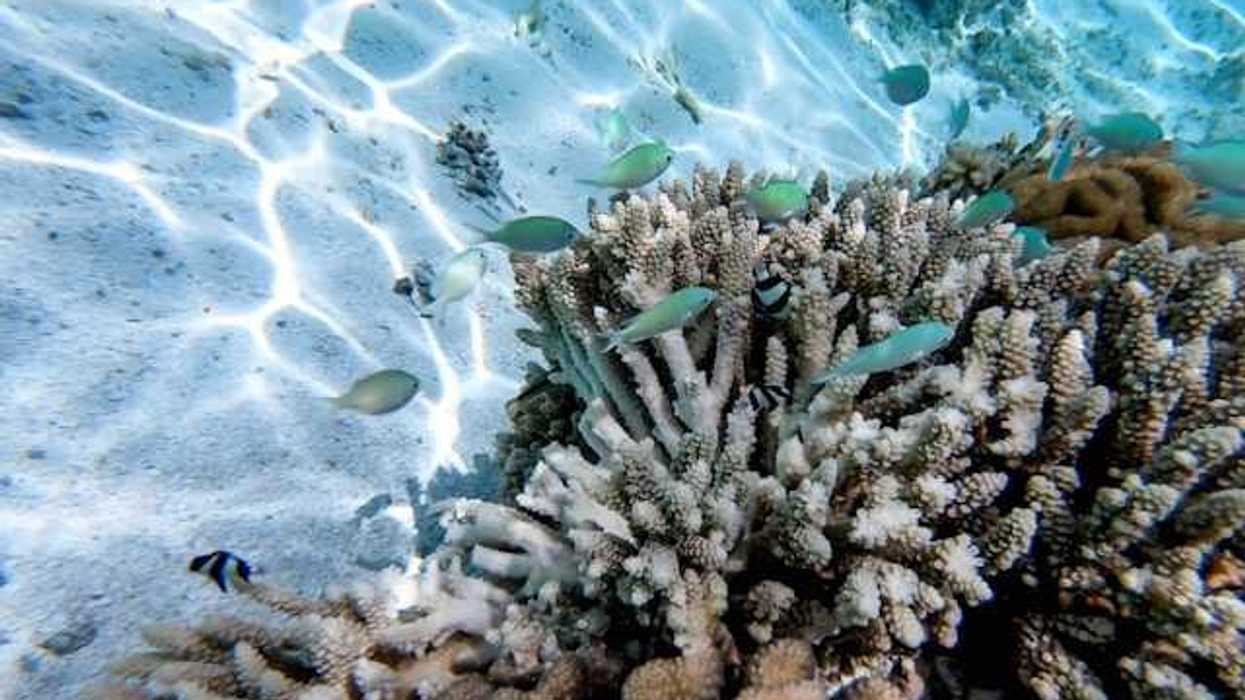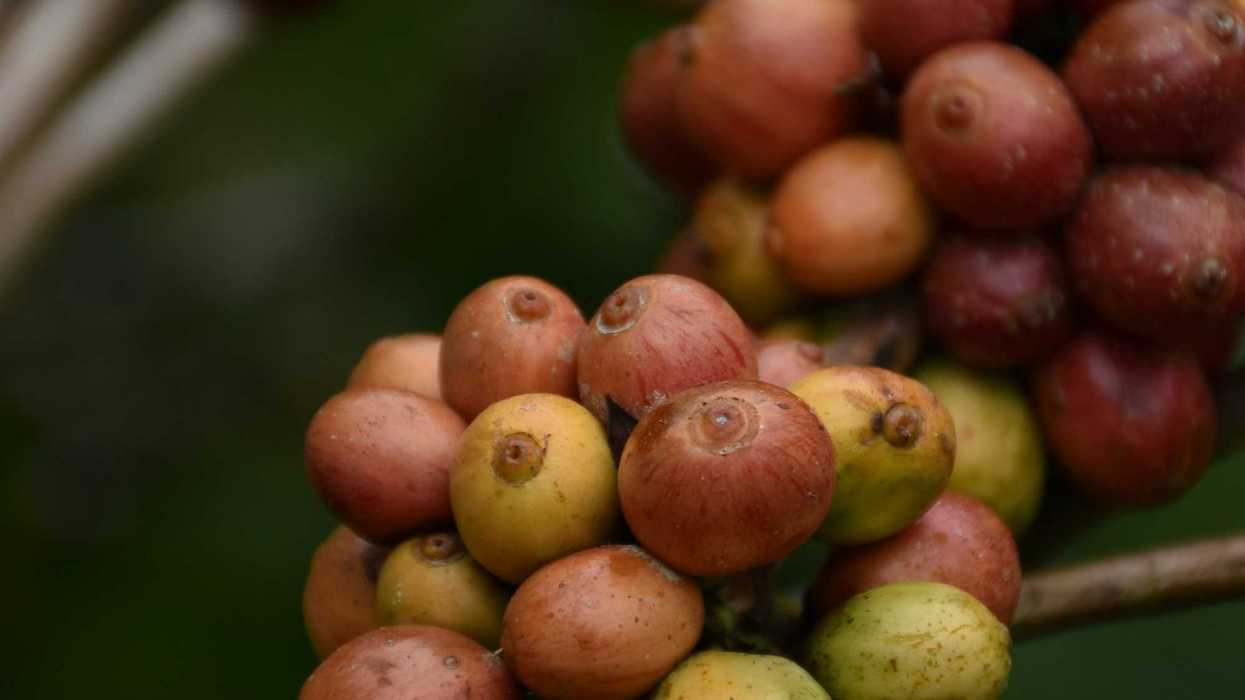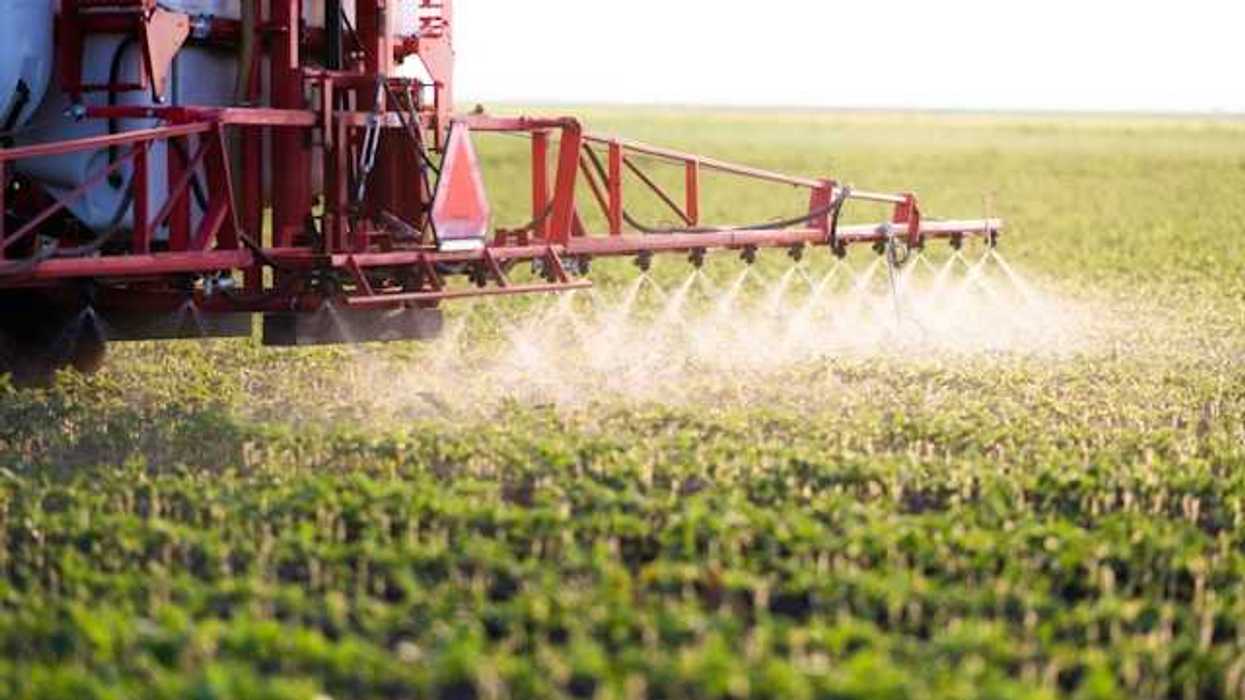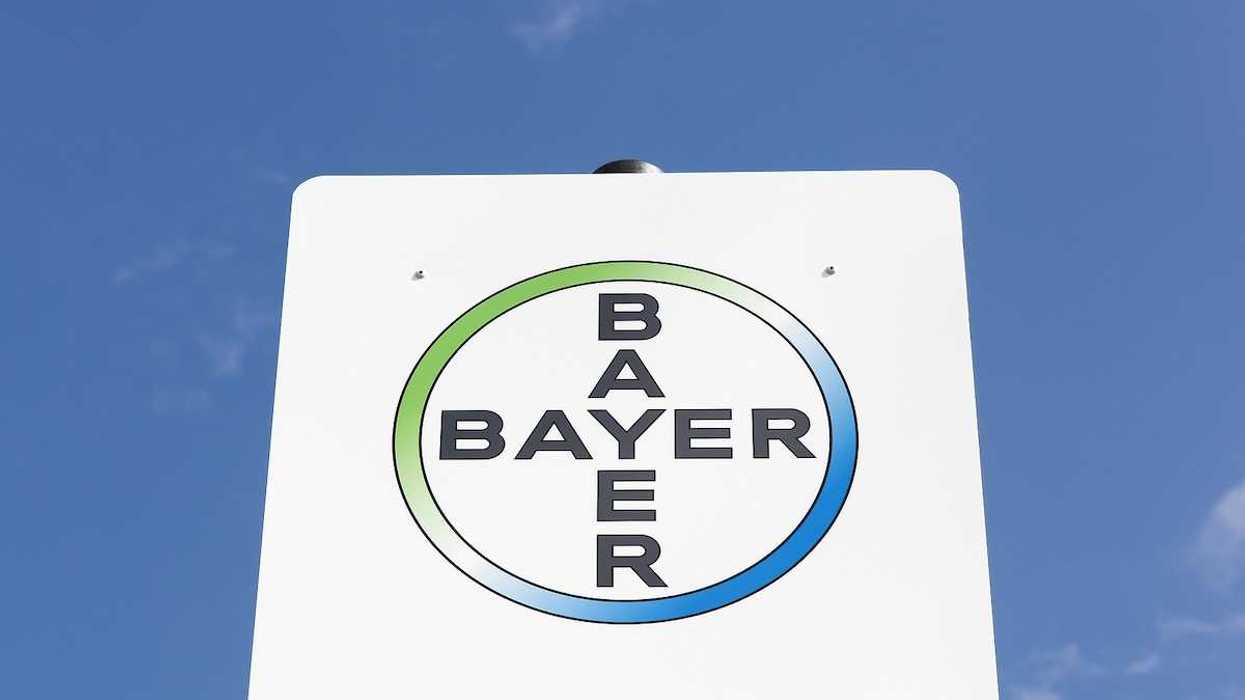A Portland State University study found that anthropogenic particles, including microplastics and synthetic fibers, contaminated nearly every sample of popular seafood species tested in Oregon, raising concerns about human exposure.
Hatty Willmoth reports for Newsweek.
In short:
- Researchers tested nine species of seafood and found anthropogenic particles in 180 out of 182 samples.
- Synthetic fibers, primarily from clothing, made up 82% of the detected particles, with pink shrimp showing the highest contamination levels.
- Store-bought fish, like lingcod, had higher contamination levels than freshly caught specimens, indicating possible contamination during processing.
Key quote:
"It's very concerning that microfibers appear to move from the gut into other tissues such as muscle. This has wide implications for other organisms, potentially including humans too."
— Associate Professor Susanne Brander, ecotoxicologist at Oregon State University and principal scientist, EHS Action Science Initiative
Why this matters:
Microplastics can carry harmful chemicals and have been linked to endocrine disruption and increased cancer risks. Contamination in edible tissues highlights a pathway for human exposure, emphasizing the need for better pollution controls to protect marine ecosystems and public health.
Related EHN coverage:


